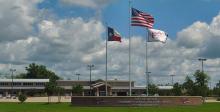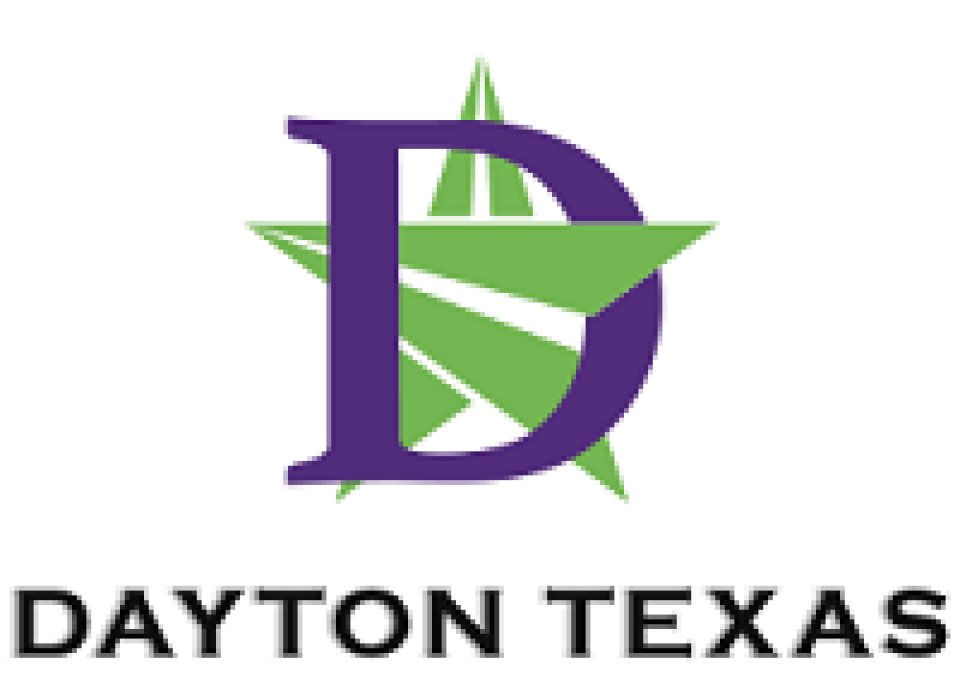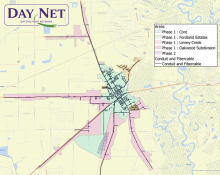
Fast, affordable Internet access for all.

DayNet, a new Internet utility emerging in Dayton, Texas, is looking to lasso a broadband-minded boss for this small East Texas city of approximately 7,200, about 37 miles east of Houston.
Applications are being accepted for a Broadband Manager/Head Network Engineer to oversee the business and technical operations of DayNet as the city has begun construction of a citywide Fiber-to-the-Home (FTTH) network.
In addition to hiring a Broadband Manager/Head Network engineer, the city is banking on the project to “increase competition and choice . . . while having a positive impact on economic development, education, and the technology amenities that are available to citizens and businesses.”
Good Credit, Better Broadband
To finance the construction, the Dayton City Council approved a $13.7 million bond issuance at a 2.56% interest rate, thanks to the city’s rising credit rating. Network construction began at the start of the year. And when the network is fully built, which is expected to be complete by 2023, 110 miles of fiber will criss-cross the city’s 11 square miles, passing every home, business, and anchor institution in Dayton.

“We’re excited to deploy DayNet, a community-owned utility, focused on delivering the fastest, most reliable Internet services in East Texas, while delivering top-notch, local customer service,” Theo Melancon, Dayton’s City Manager said when the construction launch was announced.
The city has yet to unveil pricing and speed tiers but network planners expect to deliver residential service with speeds of up to 1 Gigabit per second (Gbps) for about $80 a month, with the capacity to eventually offer as much as 10 Gigabits per second. For large business customers, DayNet plans to offer up to 100 Gbps.
In addition to providing Internet service for residents and businesses, the new network will also help support a variety of civic and utility functions, including the city’s water and wastewater utilities. It will also enable smart-city applications to enhance the city’s transportation and public safety infrastructure.
The construction will be done in phases beginning with the building of the core network and laying underground fiber out to Fordland Estates, Linney Creek, and the Oakwood subdivision.
As city residents wait for the network to go live, the Internet service options they have now are DSL and cable service from the likes of AT&T, Frontier, and Comcast. Most of Dayton is served by monopoly providers, with only about 5 percent of residents having more than one choice for broadband access.
Municipal Broadband is Not Big in Texas
They say “everything is bigger in Texas.” And while that’s true of everything from barbecue to Buc-ee's convenience stores, when it comes to municipal broadband networks — not so much. Or, to borrow a phrase from the lexicon of colorful Texas sayings, municipal broadband in the Lone Star State is “no bigger than moles on a chigger.”

When DayNet comes online, it will make Dayton only the second city in the entire state to build and operate a citywide municipal fiber network. And that’s undoubtedly due, in part, to the fact that Texas is one of 19 states that have laws restricting municipalities from offering certain kinds of telecommunication services. While Texas state laws do allow for some municipalities to offer Internet access, it prevents all municipal networks from offering voice and video services, giving private providers who offer triple-play services a competitive advantage.
Until DayNet came along, Mont Belvieu was the Lone Ranger of Texas municipal fiber, becoming the first city in the state to deploy its own citywide fiber network, only after successful court rulings clarified the city's authority to offer broadband access. Greenville, Texas, built the first community broadband network with its cable network.
On Election Day 2020, voters in Lucas, Texas, had the chance to make Lucas the fourth city with the passage of Proposition B, a local ballot question which sought approval on the issuance of $19.1 million worth of bonds to fund construction. The proposition was soundly defeated. With 29,000 residents going to the polls, 61% voted in opposition after a campaign in favor of monopoly ISPs by organizations like the Taxpayer Protection Alliance.
Header image by Wikimedia user StationNT5Bmedia via Creative Commons Attribution-Share Alike 3.0 Unported
Map courtesy of the city of Dayton website.


